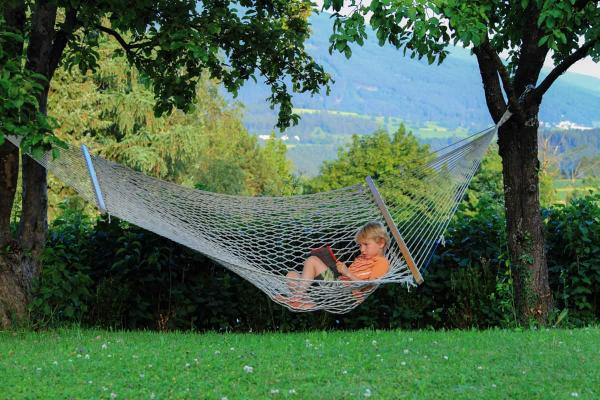
Kids lose a lot of what they have learned over the course of summer vacation. It just happens. They get busy and focus on fun and have to refresh and re-learn a bit when they go back to school in the fall.
Here are some great ideas for keeping your kids sharp during summer vacation. It is a lot more fun than workbooks or essays.
Math
No matter what level of math kids have achieved, their knowledge is put to good use in things like working on family or personal budget, cooking, creating and shopping. Have them set up a budget for their allowance or earnings and stick with it over the summer. Encourage them to add to savings and even give a little to charity.
Take their favorite recipe and have them multiply it by 1.5 or double, depending on how skilled they are with measurements. Allow them to design and build something three-dimensional out of wood, paper, fabric, or some other craft material, but have them make up a blueprint or pattern first, complete with measurements, utilizing their geometry skills.
Let them do some of the grocery shopping, estimating how much things will cost before the excursion and then seeing how close they come to their estimate. Play Monopoly or Life or some other board games that require financial decisions. Play a game like Uno or Racko that lasts the whole summer. Have them keep a running total and see how high the scores go.
Geography
Let them plan a family virtual trip by using map sites on the Internet. Let them estimate mileage and hours driven each day. Help them create a trip budget, including gas, lodging, and food (throwing a little math in.) Teach them to plot out the route and decide what sites to stop and visit. If they are older, have them figure the shortest route to hit 49 or even all 50 states, stopping for a visit in each capital.
If they are really adventurous, have them visit Europe or the Middle East or South America and create a tour of the highlights of each continent. Have them find what languages they would need to know and what currency they would use to make purchases. Have them present a slide show of their trip to the family, one child each week. Let them cook a dish from their favorite "destination."
Science
This one is oodles of fun - from kitchen science to biology to even astronomy, chemistry, or physics. Choose appropriate activities for their age and turn them loose. Here are some great kitchen science projects and YouTube is full of amazing videos of things to do in this course of study.
The little ones can collect as many different: flowers, leaves, types of bark, pictures of birds or anything in nature, as they can. Help them identify them and make a scrapbook. Teach them to press flowers and make cards with them.
Plan a late night under the stars and identify constellations. Discover the chemistry behind baking and boiling. Let older children work with fulcrums and leverage to lift a heavy object or determine velocity of a bottle rocket. Let them estimate the mass of a hill or mountain or the volume of a lake or pond. Spend the day with them in a museum of natural history.
History
No matter where you live, there is history. Assign your children to find out what is in your local area. Historic sites, graveyards, landmarks, battles fought, famous writers, musicians, scientists or other celebrated notables are found in almost every location. Explore with them. Take day trips.
Plan a scavenger hunt or geocache with them. Even the smallest towns generally have someone of note that has lived, slept, eaten or passed through. Have them find local towns in books of fiction. Let them make a presentation to the family with what they have discovered.
English
This is a writer speaking. Challenge them to use correct grammar on all of their texts, tweets and posts. Select a reward for anyone able to complete the challenge without fail for the entire summer. Give them a summer journal and encourage them to write their hopes, dreams, challenges and adventures inside. Encourage letter-writing. It is a lost art, but so delightful for those receiving - grandparents, aunts, uncles even close neighbors.
Literature
Reading is a perfect summertime break from heat and activity. Encourage your kids to find an hour each day to stop what they are doing and get lost in a book. Discuss what they are reading at the dinner table each night. Story books for the little ones; larger volumes for the older ones. Visit the library at least once a week with them. Participate in story time. Read bedtime stories together. Study scriptures as a family. Don't dumb down, either. Challenge them to read above their level. It does marvelous things for vocabulary and comprehension. Reading affects all other learning.
There, it's not so difficult to work learning into your kids' busy summer schedule. Have fun and work with them. Make memories that will help them slip into their new school year with less difficulty.

